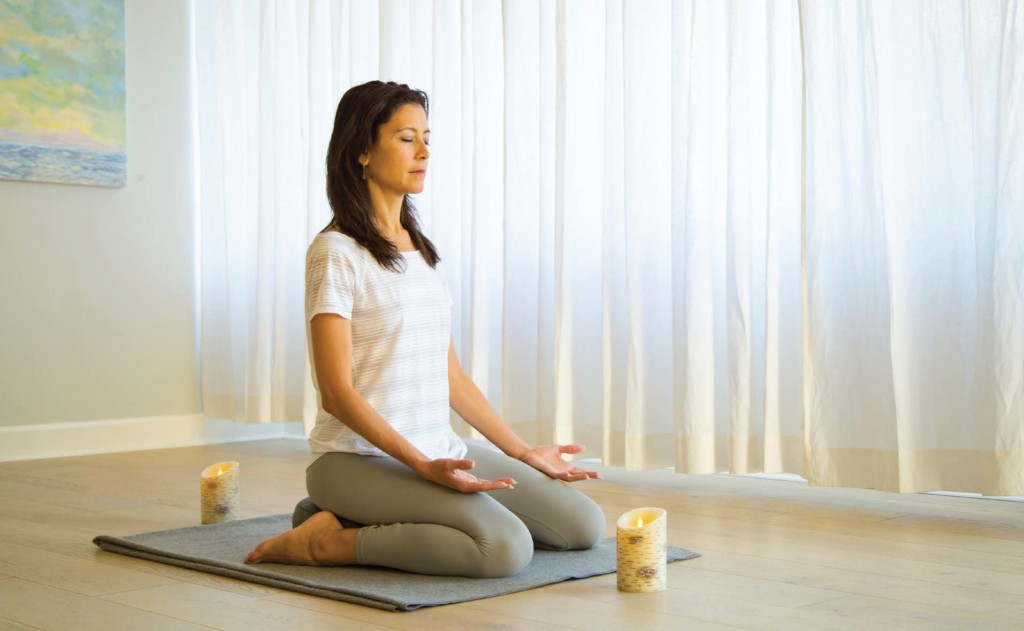
Meditation, a practice that has stood the test of time, offers a myriad of benefits for both the mind and body. In this exploration, we delve into the top 8 benefits of meditation, uncovering the transformative impact it can have on your overall well-being.
One of the primary benefits of meditation is its ability to reduce stress. By engaging in mindful meditation techniques, individuals can cultivate a heightened awareness of the present moment, allowing them to detach from stressors and foster a sense of calm amidst life's challenges.
Meditation contributes to enhanced emotional well-being by fostering positive emotions and reducing negativity. Regular practice can lead to improved mood, increased feelings of happiness, and a greater sense of overall life satisfaction. It acts as a powerful tool for cultivating a positive mental outlook.

The practice of meditation has been linked to improved concentration and heightened cognitive abilities. By training the mind to focus on the present moment, individuals can experience enhanced attention span, better memory retention, and increased mental clarity, making daily tasks more manageable.
Meditation serves as a natural remedy for those struggling with sleep issues. Mindful meditation and relaxation techniques promote a state of tranquility, easing the mind and body into a more restful state. Improved sleep quality contributes to overall health and vitality.
Research suggests that regular meditation can have a positive impact on the immune system. By reducing stress and promoting relaxation, meditation contributes to a healthier immune response. This, in turn, helps the body better defend against illnesses and supports overall well-being.
For individuals dealing with chronic pain or discomfort, meditation can offer a non-pharmaceutical approach to pain management. Mindfulness meditation, in particular, helps individuals develop a different relationship with pain, fostering acceptance and reducing the perception of discomfort.

Meditation is a powerful tool for cultivating self-awareness. By turning inward and observing thoughts and emotions without judgment, individuals gain insights into their habitual patterns and reactions. This heightened self-awareness becomes a foundation for personal growth and positive change.
Chronic stress has been linked to premature aging, both physically and mentally. Meditation's stress-reducing effects contribute to the prevention of stress-induced aging. By promoting a sense of calm and relaxation, meditation supports a more youthful and vibrant state of being.
As we conclude our exploration of the top 8 benefits of meditation, it's evident that this ancient practice offers a holistic approach to well-being. Whether seeking stress reduction, emotional balance, or enhanced cognitive function, meditation provides a pathway to a more harmonious and fulfilled life.
Q. How long should I meditate to experience benefits?
Ans: The duration of meditation varies for each individual. Beginners may start with shorter sessions, such as 5-10 minutes, gradually increasing as they become more comfortable. Consistency is key, and even brief daily sessions can yield benefits over time.
Q. Can meditation replace medical treatment for certain conditions?
Ans: While meditation can complement traditional medical treatments, it's essential to consult with healthcare professionals for conditions that require medical attention. Meditation can be a valuable addition to a holistic approach to well-being but should not replace necessary medical interventions.
Q. What is the best time of day to meditate?
Ans: The best time to meditate is a personal preference and depends on individual schedules and energy levels. Some prefer morning meditation to start the day with clarity, while others find evening meditation helps unwind and promote better sleep. Choose a time that suits your routine and allows for consistency.
Q. Is meditation a religious practice?
Ans: Meditation has roots in various religious and spiritual traditions but can also be practiced independently of any specific religious affiliation. Many meditation techniques are secular and focus on mindfulness and breath awareness. Individuals can choose approaches that align with their beliefs and preferences.
Q. How do I start practicing meditation as a beginner?
Ans: Beginner-friendly meditation practices include mindfulness meditation, focused breathing, and guided meditation. Start with short sessions, find a quiet and comfortable space, and use resources such as meditation apps or online videos to guide your practice. Experiment with different techniques to discover what resonates with you.
Disclaimer: SPIRITUAL DEVOUT claims no credit for images featured on our blog site unless otherwise noted. All visual content is copyrighted to its respectful owners.